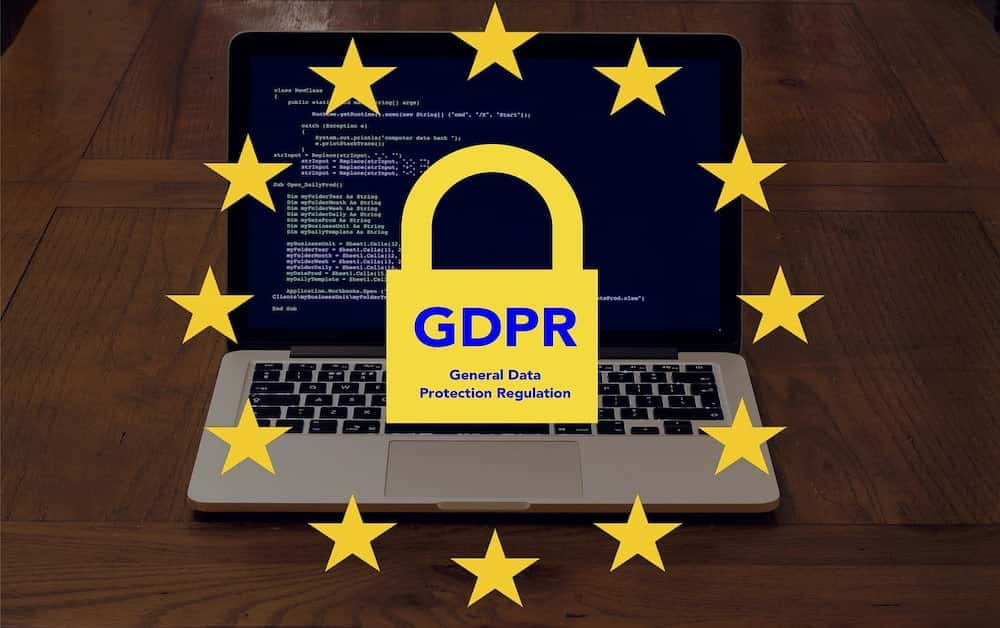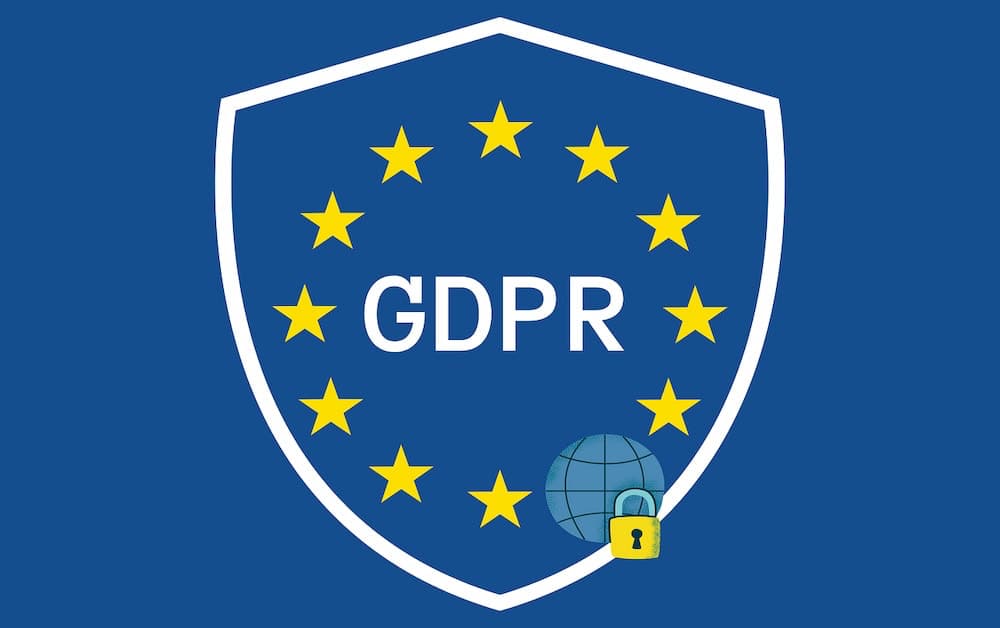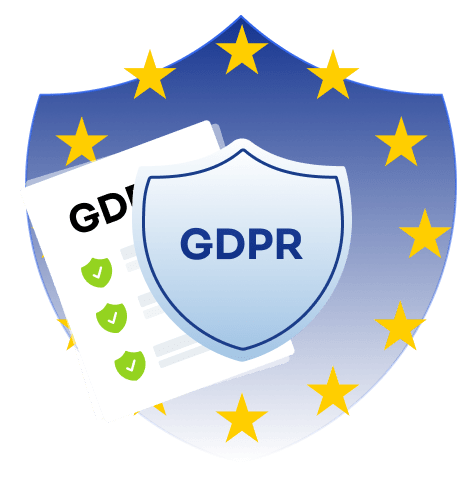Introduction
The General Data Protection Regulation (GDPR) is a significant law in the European Union (EU) that governs the protection of individuals’ personal data and privacy. At the heart of the GDPR is the principle of consent, which mandates that individuals (referred to as data subjects) must provide clear and explicit consent for the collection and processing of their personal data. This requirement, known as the data subject’s consent, is essential to ensure that the processing of personal data is conducted in a transparent and legally compliant manner, thereby safeguarding individuals’ privacy and data protection rights.
Definition of personal data
Personal data encompasses all information that is connected to an identified or identifiable living person. This can cover a wide range of data, including names, ID numbers, location data, online identifiers, and other specific details relating to the physical, physiological, genetic, mental, economic, cultural, or social identity of an individual. Recognizing the various forms of personal data is crucial for maintaining compliance with GDPR regulations during data processing operations.
Conditions for informed consent
Informed consent must be required to ensure that consent is considered valid under the General Data Protection Regulation (GDPR). Explicit and informed consent is crucial in GDPR compliance, as general consent statements are insufficient. This means that individuals must be provided with clear, easily understandable information about the specific details of data collection, including what data is being collected, the reasons for its collection, how it will be utilized, and who it will be disclosed to. It is important that individuals have a comprehensive understanding of these details so that they can make an informed decision and be fully aware of what they are agreeing to when providing consent. Additionally, GDPR consent requirements outline specific conditions that must be fulfilled for consent to be valid, emphasizing the need for clear communication and continuous adaptation of consent management strategies to meet evolving standards.

Explicit consent
Explicit consent is a crucial standard of consent that is necessary for the processing of sensitive personal data. This includes information such as racial or ethnic origin, political opinions, religious beliefs, or health details. When obtaining explicit consent, it is imperative that it is clearly distinguishable from other issues and is provided in a manner that eliminates any possibility of ambiguity. Typically, explicit consent is gathered through written declarations where the data subject clearly indicates their agreement. Any part of such a declaration that violates GDPR regulations is not binding, thereby highlighting the strict standards that must be met when obtaining consent for data processing.
Freely given consent
Consent must be freely given, meaning that it should be provided voluntarily and without any form of coercion or undue influence. This requires that data subjects have the ability to make a genuine and free choice to give or withdraw his or her consent. They must also be able to refuse or withdraw consent without facing any negative consequences. This principle ensures that consent is not made conditional on the provision of services unless such provision is necessary for that service.
Specific and informed consent
Consent under the General Data Protection Regulation (GDPR) must be specific and informed. It must reflect the data subject’s wishes, emphasizing the importance of individual preferences in consent. This means that when seeking consent for data processing, it is necessary to obtain separate consent for each specific purpose and not combine them. Additionally, the information provided to the data subject must be detailed and tailored to each specific purpose of data processing. It should be presented in a clear, unambiguous, and easily understandable manner.

Clear and plain language
The information shared with individuals regarding their data should be presented in a straightforward and understandable manner. It should be easily comprehensible to ensure that people can make well-informed choices about granting consent. Avoid using technical language or complex legal terms, as they can obscure the meaning and intention behind the data processing activities. Providing clear and plain language enables individuals to grasp the implications of sharing their data and empowers them to make informed decisions.
Unambiguous indication
In order to comply with the General Data Protection Regulation (GDPR), it is crucial to ensure that there is a clear and unambiguous indication of the data subject’s consent for the processing of their personal data. Consent must be specific and informed, allowing individuals control over their personal data relating to the processing activities. This can be accomplished through a statement or a clear affirmative action that explicitly signifies their agreement. It’s important to note that silence, pre-ticked boxes, or inactivity cannot be considered valid forms of consent under GDPR.
Withdraw consent
The right to withdraw consent is an essential aspect of data protection. Individuals should have the ability to revoke their consent at any time. The process for withdrawing consent should be straightforward and as simple as giving consent initially. Once consent is withdrawn, any ongoing processing of personal data that was initially based on that consent must stop unless there is another legitimate basis for continuing the processing.
Separate consent requests
When requesting consent, it is essential to keep it separate from any other terms and conditions. This separation is crucial to ensure that consent is given freely and is not influenced by any other agreements or conditions. Making consent a condition for signing up for a service should only be done if it is absolutely necessary for that particular service. This approach maintains the integrity of the consent process and upholds the principles of fair and transparent interactions with users.

Easily accessible form
Consent must be obtained in a clear and easy-to-understand manner. Data controllers should offer straightforward and easily accessible methods for data subjects to provide their consent. This can be achieved through the use of user-friendly and transparent online forms, checkboxes, or other digital tools. It’s important to ensure that the consent process is easily understandable and readily available to individuals.
Processing personal data
Processing personal data encompasses a wide range of operations that can be conducted on personal information. These operations may be automated or manual and include activities like collecting, recording, organizing, structuring, storing, adapting, altering, retrieving, consulting, using, disclosing, disseminating, aligning, combining, restricting, erasing, or destroying data. Under the General Data Protection Regulation (GDPR), each of these activities must be based on a clear and lawful foundation, often rooted in the data subject’s consent.
Data processing activities
When processing data, it is essential to adhere to the principles set forth in the General Data Protection Regulation (GDPR). These principles encompass various key aspects, such as guaranteeing the accuracy of the data being processed, restricting the collection of data to only what is essential for the intended purposes, and establishing robust security measures to safeguard personal data from unauthorized access or breaches. Additionally, obtaining explicit consent from individuals is paramount to validate these data processing activities and to uphold transparency in how their personal data is being utilized.
Demonstrate consent
Data controllers are responsible for being able to furnish proof that the data subject has given explicit consent for the processing of his or her personal data. This proof may include completed consent forms, comprehensive records of consent obtained through online channels, or any other documentation that provides clear evidence of an affirmative action taken by the data subject to authorize the processing of their data.
Legal basis for processing
Under the General Data Protection Regulation (GDPR), consent is just one of the lawful bases for processing personal data. Other bases include the performance of a contract, compliance with a legal obligation, protection of vital interests, public interest, and legitimate interests. However, it’s important to note that when consent is used as the legal basis, it must adhere to specific requirements to be considered valid. These requirements include being freely given, specific, informed, and unambiguous, with the individual having the ability to withdraw consent at any time.

Penalties for violations
Violations of the GDPR can result in significant penalties. The penalties are structured in two tiers:
Lower-tier fines: Up to €10 million, or 2% of the annual global turnover of the preceding financial year, whichever is higher. These apply to violations such as not having proper records of data processing activities or not reporting a data breach properly.
Higher-tier fines: Up to €20 million, or 4% of the annual global turnover of the preceding financial year, whichever is higher. These apply to more severe violations, such as non-compliance with basic principles for processing personal data, infringement of rights of data subjects, or unauthorized international transfers of personal data.
How does the GDPR define “sensitive personal data”?
Sensitive personal data, as defined by the General Data Protection Regulation (GDPR), includes information that reveals a person’s racial or ethnic origin, political opinions, religious or philosophical beliefs, trade union membership, genetic data, biometric data for uniquely identifying a person, data concerning health, or data concerning a person’s sex life or sexual orientation.
What are examples of explicit consent for sensitive personal data?
Explicit consent for processing sensitive personal data involves obtaining a clear and specific agreement from the individual. This could be achieved through a written statement, an electronic form, or a signed document, where the individual clearly indicates their consent for the specific purposes of data processing. In the case of online forms, explicit consent could be demonstrated by ticking an unchecked box, specifically agreeing to the processing of sensitive data for the intended purposes.
How can the process for withdrawing consent be made straightforward?
The process for withdrawing consent should be designed to be as straightforward and user-friendly as the process for giving consent. It should involve providing an easily accessible one-step process for the user to withdraw their consent. This could include a clearly labeled link to a consent withdrawal form on the same page where consent was originally given or a simple and easily locatable option in the user account settings that allows users to manage their consent preferences with ease. Providing a clear and simple way for users to withdraw their consent respects their autonomy and helps to build trust between the user and the organization requesting consent.
Conclusion
Ensuring compliance with the General Data Protection Regulation (GDPR) involves the intricate and crucial process of obtaining valid consent. This process is designed to empower individuals to have control over their personal data and to be fully informed about its use. Compliance with GDPR requires organizations to adhere to the fundamental principles of expressing consent in clear and simple language, obtaining freely given and specific consent, and being able to demonstrate that consent was given. By following these principles, organizations can align with GDPR requirements and effectively safeguard the privacy of individuals. Additionally, it is essential to respect the data subject’s wishes, ensuring that consent reflects an individual’s clear and unambiguous indication of their preferences regarding the processing of their personal data.




